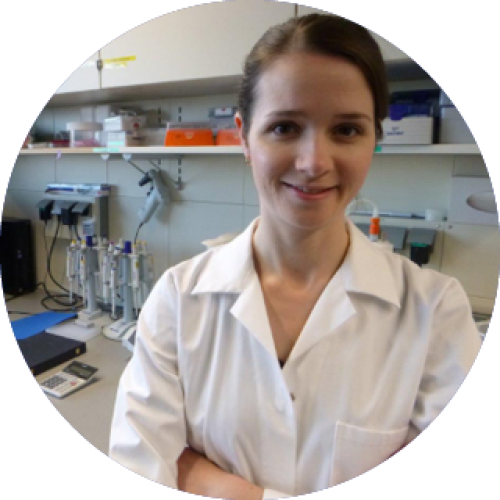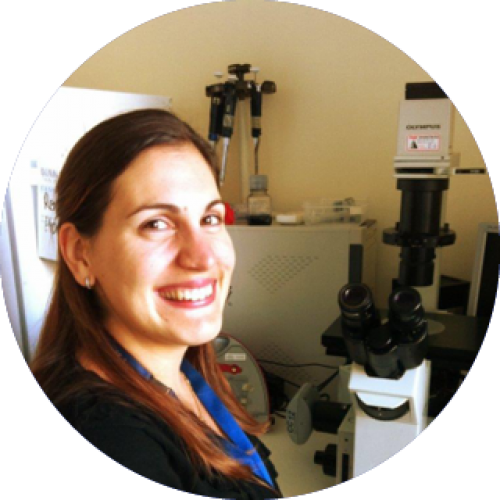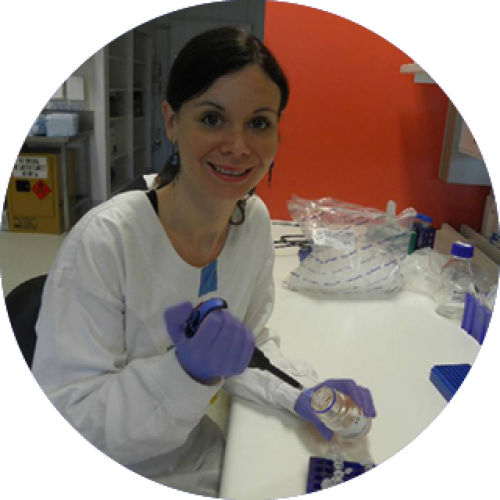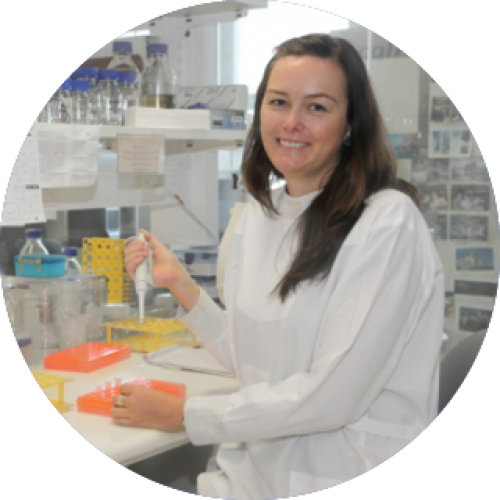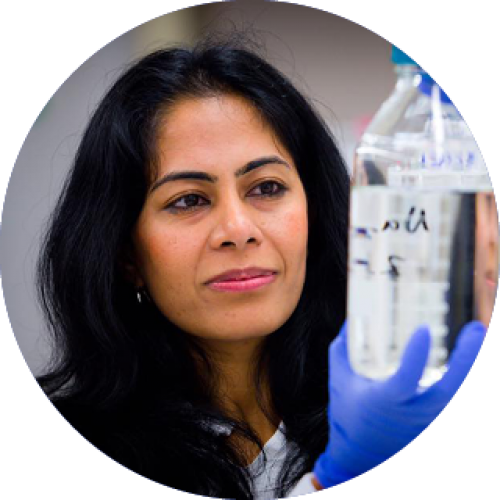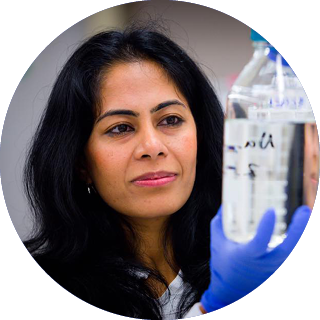
Prostate Cancer
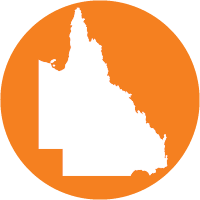

Queensland University of Technology / Translational Research Institute
In her previous support from the Can Too Foundation in 2014 and 2015, Dr Jyotsna Batra has identified genetic variations that predispose men to prostate cancer. These are involved in regulation of proteins encoded in a person’s DNA, which Jyotsna’s genetic research has identified as being promising therapeutic targets for new treatments for the disease.
“This is the focus of my third grant funded by Cure Cancer Australia – specifically to explore its potential for treating advanced prostate cancer,” says Jyotsna, whose recent work to this end has been published in the prominent journals Cancer Discovery and Endocrine-Related Cancer.
Jyotsna’s research involves profound knowledge of the human genome – the hugely complex “map” of a person’s genetic attributes. Using her specialised knowledge and recent findings Jyotsna’s’s become established as an independent group-leader at the Translational Research Institute at
Jyotsna describes the support from the Can Too Foundation as “a boon. It’s given me the freedom to carry out novel and advanced research, which wouldn’t have been otherwise possible. The 2017 funding will allow me to take the lead from previous work and continue to progress to testing on patients.”
Effective Biomarkers
Born in 1980 in Sonipat, a small town close to Delhi, Jyotsna migrated to Australia in 2008 after completing her PhD in India. She believes changes in gene sequences, when used alongside the traditional
The biomarkers can also help distinguish the slowly progressive from the aggressive form of the disease. “Genetic variations, if incorporated into risk models alongside PSA, can improve its sensitivity and specificity,” she explains.
This can also help avoid the misdiagnoses of prostate cancer often associated with the current non-invasive ways of detecting it, which add to patients’ stress.
Jyotsna’s research is a key part of international efforts to seek new approaches for diagnosing the disease. To that end, Jyotsna works closely with the world’s largest prostate cancer consortium, known as PRACTICAL1, at the University of Cambridge.
“This consortium has brought together scientists who are interested in understanding the roles of genetic variations in onset of prostate cancer,” she says.
100 Genetic Variations
“Collectively, by analysing the DNA of around 50,000 individuals, half of which belongs to prostate cancer patients, we’ve identified 100 genetic variations associated with prostate cancer risk. They can collectively explain about 30% of the inherited component of the disease.”
Focus and passion are essential attributes for a successful researcher, Jyotsna believes, and she tries to live up to this belief in her own work. “My research, which is conducted on samples derived directly from patients, is a major driver behind my approach. I can feel patients’ anxiety in the initial stages of diagnosis. Affected men are keen to find out whether they should wait and watch or start aggressive treatment as soon as possible.”
Jyotsna enjoys reading and travel, though the latter has been restricted since the birth of her son in 2009. Alongside hard work and enthusiasm, she believes “smart work” can deliver success. “To me, research is ‘art’ and understanding science can be accomplished by engaging all your brain cells.”
“Thankfully there are opportunities available through Cure Cancer Australia’s funding, which make new entries into the world of established scientific researchers a possibility.”
Dr Jyotsna Batra was a 2017 Cure Cancer Australia grant recipient made possible by the support of the Can Too Foundation. Jyotsna was also funded by the Can Too Foundation in 2014, 2015 and 2016.

